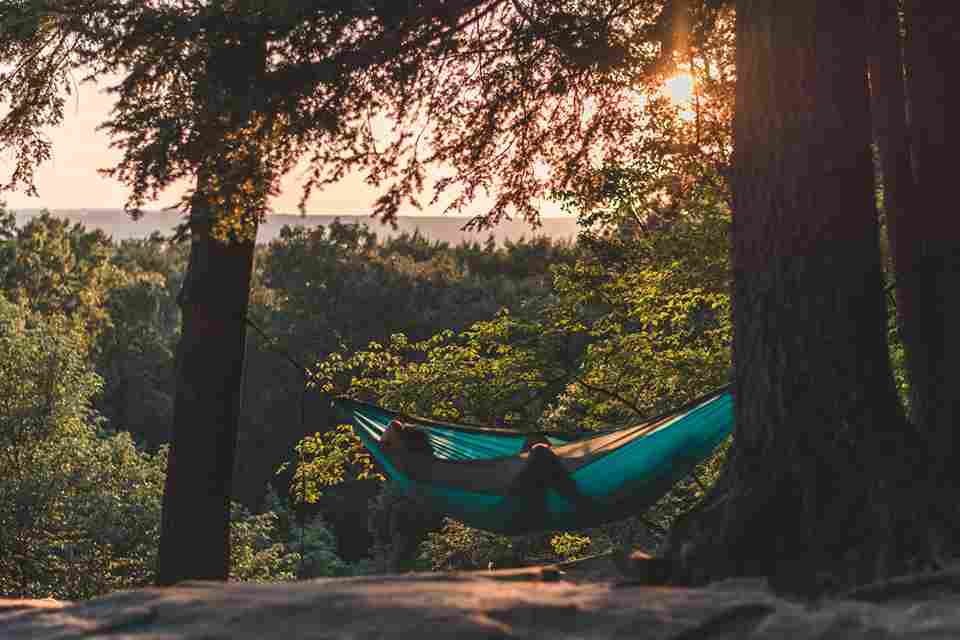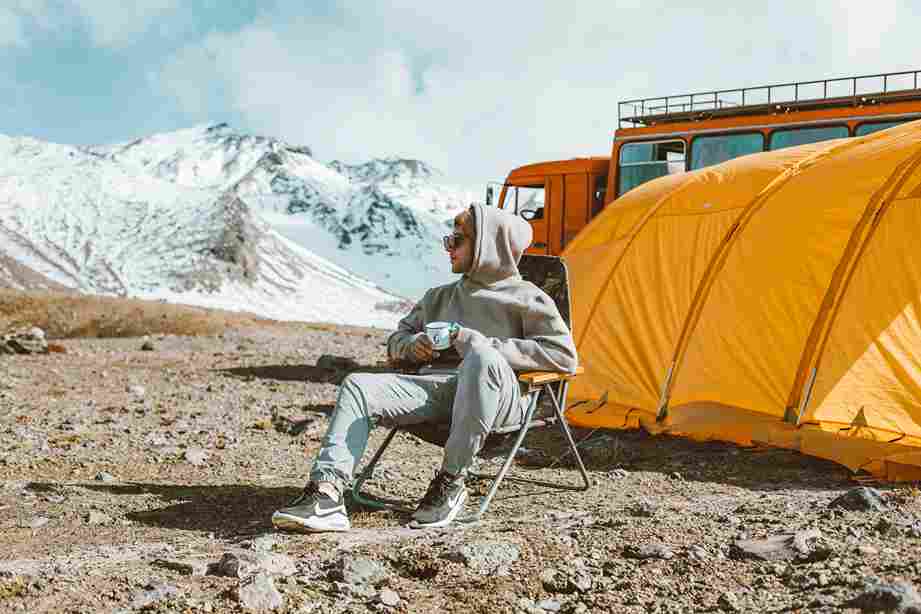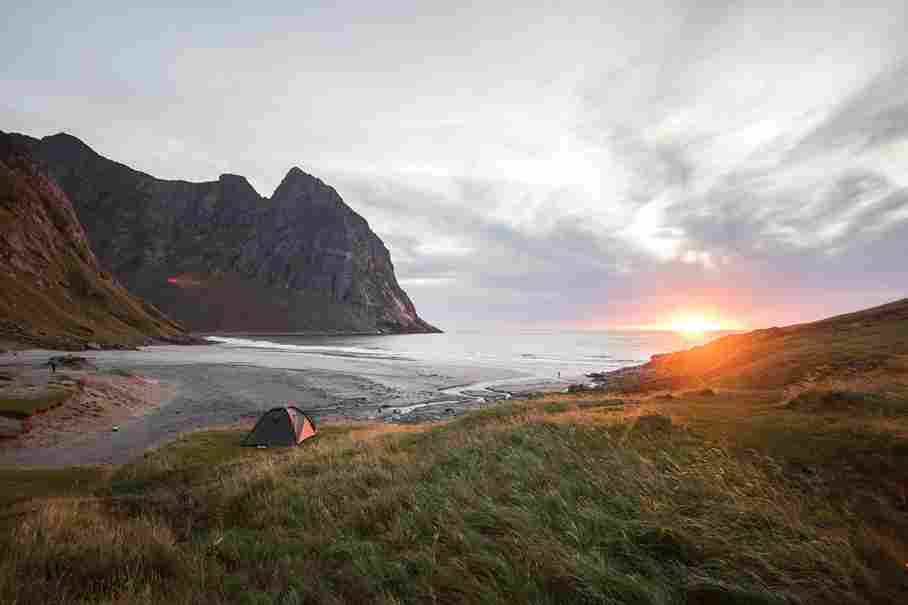Planning a solo camping trip by yourself? It can be difficult to know what to pack for a camping trip by yourself.

Avoid taking on too much and weighing yourself down. However, it’s equally crucial to make sure you have all the necessary equipment for solitary camping.
Continue reading to get your go-to guide to solo camping.
WHAT ARE THE ESSENTIALS FOR SOLO CAMPING?

You are alone when you’re going for solo camping, thus it’s important to bring the necessary supplies. Here is our list of the essential equipment you simply cannot live without.
- Roll mat and sleeping bag – down sleeping bags are more lightweight but tend to be more expensive.
- Tent or hammock – if you’ve got a lot of gear, don’t necessary choose the 1-man tent, think about comfort and a bit additional space too.
- Insect protective clothing is ideal to keep the bugs at bay.
- Pick a rucksack with pockets, ideally with a waterproof cover.
- Choose sensible footwear for walking.
- Carry a first aid kit.
- Bring a multi-tool knife. Multi-purpose items let you get more done with less.
- Bring a phone. Don’t forget to bring a battery charger for your phone for photography and emergencies.
- Map & Compass can depend on your location.
What Should I Pack for a Solo Camping Trip?
Consider the meals and beverages that you would be glad to spend time preparing and cooking. After a long day of hiking and other outdoor activities, you’ll undoubtedly want to cut down on your cooking and preparation time. Don’t worry; we have given you our best advice on the best equipment for solitary camping cookery.
A Four Point Food & Drink List For Solo Camping
- Lightweight pot with a lightweight solo stove.
- Dehydrated food or boil-in-the-bag type meals. Carefully portion your food and drink. If possible, choose warmer foods to keep you warm before bed.
- To offer you quick jolts of energy on the run, prepare snack bags with trail mix, dried fruit, and almonds.
- You’ll also need enough water for cooking, so have a water bottle handy. You’ll want to drink coffee in the morning, so bring an insulated flask with a lid.

Top Tips for Solo Camping If You’re A Beginner
- Make sure you have checked off every item on your list for a solitary camping trip.
- We have some additional advice to help you, particularly if you are new to solo camping, understand what to anticipate and how to get ready for your trip. For safety concerns, be sure to let a friend or two know where you’re going and when you plan to return.
- Our best advice for establishing your camping zone is to do some research on the area. On your arrival, there will be a lot of physical work to perform, such setting up your tent and securely building a fire. It’s crucial to locate a responsible and secure camping area for this reason.
- Avoid any areas that could be unsafe, such as cliff edges and private property. A common option is the Devils Lake in Wisconsin, United States.
- Make sure you check the weather prediction before leaving and don’t just pay attention to the weather as you get closer to your destination. If you anticipate a very stormy or windy night, we advise picking a safer camping location away from the harsh elements of cold and heavy rain.
- For spending quality time in the wilderness and getting closer to nature, solo camping is frequently preferred. Don’t feel compelled to sit and fidget in an effort to force yourself to relax, though. Instead, unwind from the stresses of daily life by reading a good book.
- Beware of ticks infestation while solo camping. Here’s how you can avoid ticks infestation.

Pros & Cons for Solo Camping
However, it also has its own set of benefits and drawbacks. Solo camping in the United States may be a tremendously gratifying experience. The benefits and drawbacks are listed below:
The choice to camp alone in the US ultimately comes down to personal choices, comfort level, and experience. When done properly and mindfully, solo camping can be a transforming and satisfying experience, but it’s critical to be well-prepared and aware of the potential problems.
It’s not as easy as it may seem to pack a knapsack. Don’t cram everything in at once. Similar goods should be grouped together in separate, ideally waterproof bags before being placed into your backpack. You’ll keep everything from getting wet and you’ll be able to locate all of your camping supplies more easily.
Now that you know more, you’re prepared to go solo camping for the first time. Remember to use the helpful checklists we’ve supplied and to thoroughly prepare for your solo camping adventures.
Exclusive Tip:
You can go through our blog section for more informative blogs and highly recommended products or you can subscribe us for more informative blogs and product recommendations.
